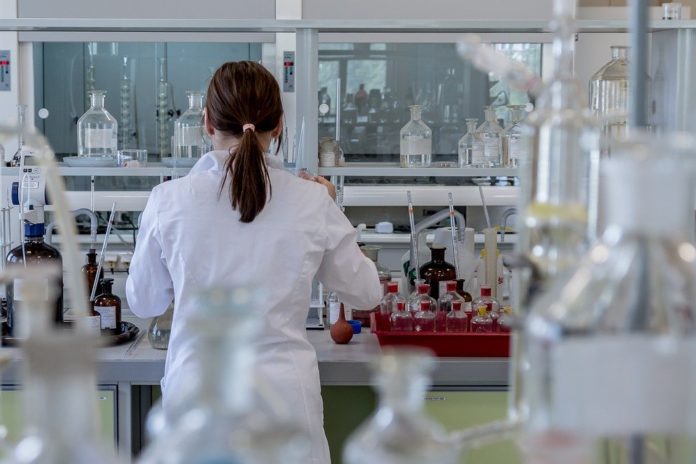Biomarkers are vital for defining the safety and efficacy of the pharmaceutical candidate under analysis throughout the process of drug discovery and development. They are classified as prognostic, diagnostic, and predictive in their approach. They are employed in the research of pharmaceuticals to developing more effective therapeutics.
Ranging from specific molecules like gene sequence, proteins, or expressed RNAs to physical parameters of biological fluid measurement such as body temperature or blood pressure, the biomarkers involves a broad group of examples. You may either find a biomarker to be expressed at a targeted location or may be present throughout the tissue or other bodily fluids.
Biomarker validation requires a level of change in establishing their response to a particular medical condition in a consistent and significant manner. Their accurate identification and characterization can help in reducing the number of pharmaceutical candidates falling within the dimensions of the clinical trials, providing ways for monitoring the pre-clinical subjects, and presenting the final evaluation of clinical trials.
Meso scale discovery electrochemiluminescence or MSD assays provide a comprehensive service plan for screening, selecting, and validating the custom biomarkers testing. These assays facilitate the support and simplification of all your cardiac research requirements. Commonly employed cardiac biomarkers are proteins, enzymes, and hormones that often associate themselves with heart functioning, damage, and failure. Some cardiac biomarkers are specific for your heart, while others are associated with skeletal muscle damage. The measurement of such cardiac biomarkers helps in establishing the diagnosis, risk stratification, further facilitating the monitoring and maintenance of people suspected with cardiac ischemia and acute coronary syndrome (ACS).
MSD assays enable the researchers to establish the biomarker profiling of relevant human biomarkers such as intracellular signaling proteins and cytokines. One of the reasons for the use of mesoscale discovery electroluminescence technology in biomarker discovery, development, and validation is due to its ability to directly establish biomarker impact on the process of drug discovery and development.
Meso Scale Discovery technology resembles ELISA except for the fact that the MSD assay makes use of electroluminescence detection technique as it establishes an opposition to a colourimetric reaction which defines the working mechanism of ELISA.
Where are the MSD assay tested biomarkers employed?
Biomarkers find a wide array of applications in therapeutic areas such as metabolic disorders, neurological diseases, and immune dysregulation. Most frequent use of the biomarkers is in the field of oncology, wherein they contribute to guiding the oncologists for the formulation of optimal treatments for treating their patients. Such assays facilitate clinical categorization of patients to minimize the risk of reoccurrence of their medical conditions.
The application of such targeted cancer therapies falls under the perusal of predictive biomarkers, which are aimed at addressing the potential response of the tumor to the therapy being employed.
Meso Scale Discovery Electroluminescence assays were rigidly validated according to their specificity, sensitivity, accuracy, robustness, precision, working range, linearity, and analyte stability.
As technological improvements made to the field of MSD assays contribute to the regular identification of new biomarkers, they are routinely employed in areas such as gene expression profiling, protein analyte quantitation, and their final imaging. Thus, with MSD assays validated biomarkers, we have a long way to go down with the process of drug discovery and development.






















